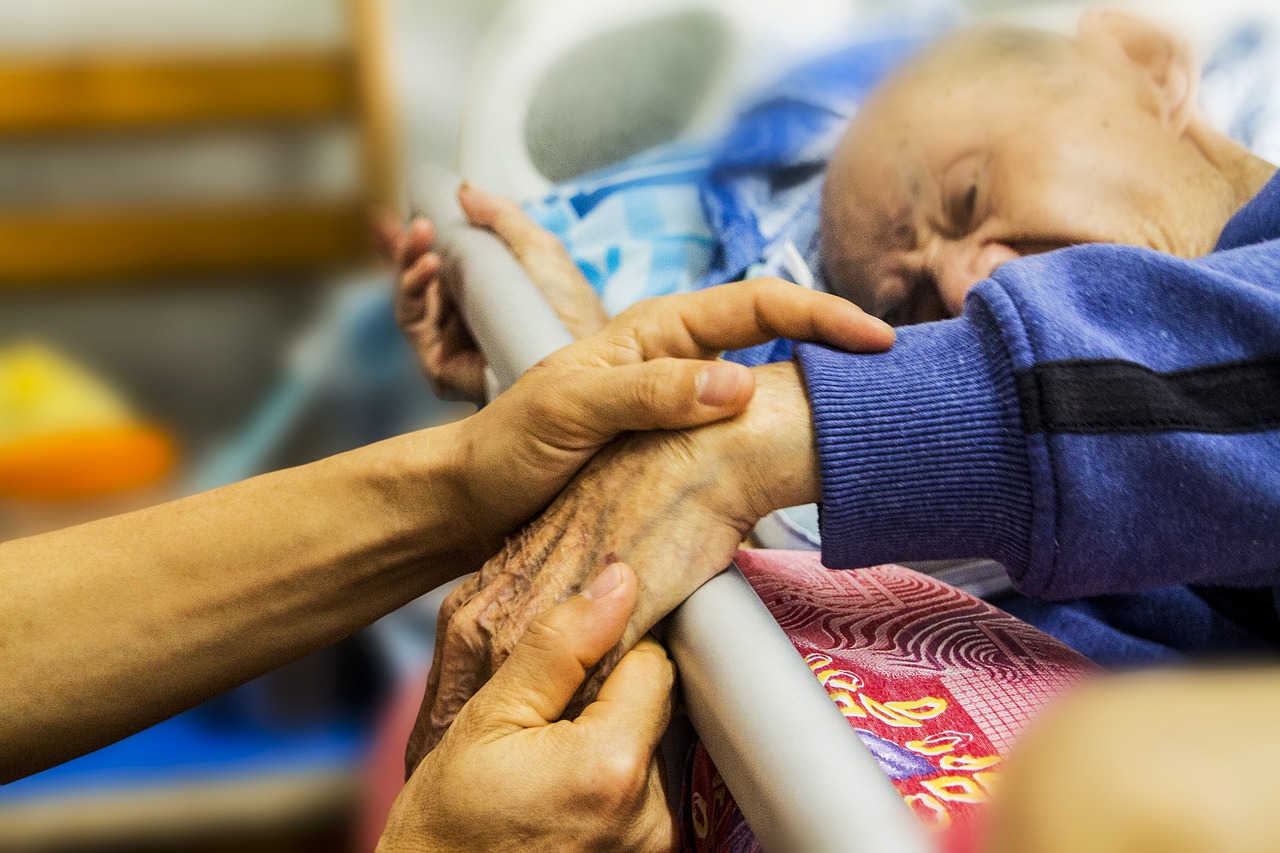What are the Symptoms of End-Stage Kidney Disease?

End-stage kidney disease, also called renal disease, occurs when the kidneys are so badly damaged that the patient cannot survive without dialysis or a kidney transplant. When a patient chooses to end dialysis treatments, Crossroads Hospice & Palliative Care provides supportive care to keep the patient comfortable and control end-stage kidney failure symptoms.
What to expect from end-stage kidney failure symptoms:
Kidney failure occurs when the kidneys lose their ability to remove waste and balance fluids in the body. Whether the patient is suddenly diagnosed with acute kidney failure or if they have been dealing with chronic kidney disease for many years, it is important to recognize the signs of end-stage kidney failure symptoms.
Urination
As the kidneys fail, patients will notice a decrease in how much they urinate. They also may be unable to urinate entirely.
Itching
Changes in urination lead to a buildup of urea in the body, causing skin to itch. Patients may also notice patches of white powder on the skin called uremic frost.
Muscle Cramps
Muscle cramps and twitching or even seizures may occur as the kidneys become unable to filter out chemicals in the body.
Confusion
Patients with kidney failure may first notice mild confusion or difficulty concentrating. As the kidneys continue to fail, this can progress to disorientation or delirium.
Fatigue
Patients will feel more tired and lethargic. They may feel a need to sleep more during the day, yet have difficulty falling asleep or staying asleep at night.
Weight loss
As a patient declines, they may lose their appetite or stop eating altogether. In addition, because the patient is urinating less, any fluid they do take in can result in swelling and further discomfort.
Learn more about the hospice eligibility criteria for kidney disease.
Hospice care for end-stage kidney disease.
Crossroads works alongside regular doctors to develop a plan of care for end-stage kidney patients. A team of nurses, aides, social workers, chaplains, volunteers, and bereavement counselors support both the patient and their families. Hospice care services for kidney failure patients can be provided in home, at an assisted living facility, or hospital as the patient prefers.
Crossroads is able to provide an evaluation of the patient’s end-stage kidney failure symptoms at any point in their diagnosis. If the patient does not yet qualify for hospice, palliative care support is also available. Please call us at 1-888-564-3405 to set up a consultation. We are available 24 hours a day, 7 days week, 365 days a year.
Recommended Reading:
When Is Hospice Called?
Crossroads Among Nation’s Best Care in Final Days
How Palliative Care Supports Dialysis Patients
If you found this information helpful, please share it with your network and community.
Copyright © 2017 Crossroads Hospice & Palliative Care. All rights reserved.




